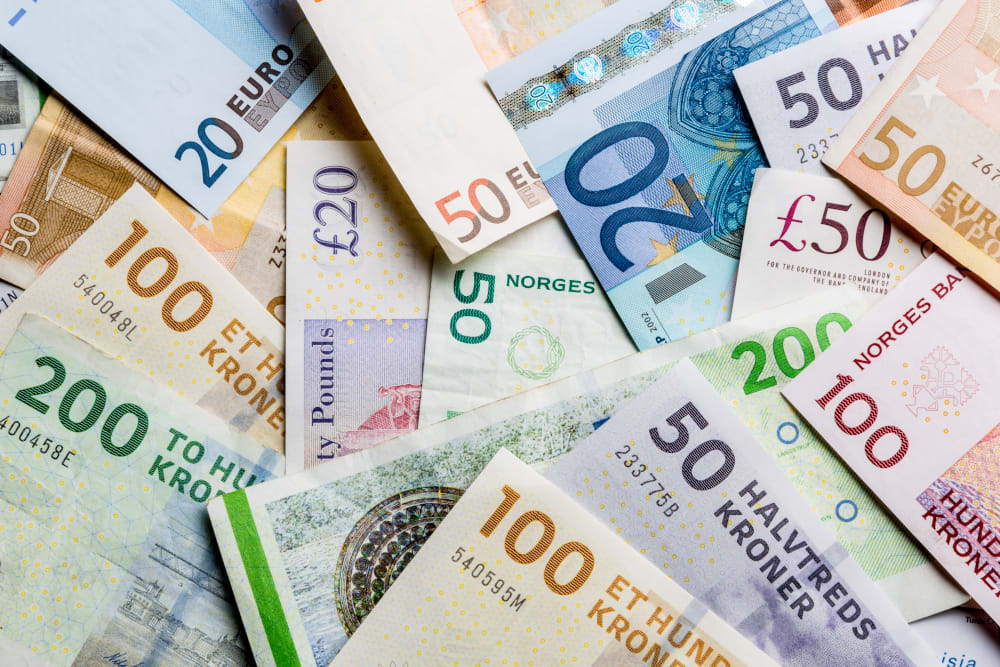Fission for investors: European nuclear energy ignites investment trend – analysis
- From zero to hero: nuclear power emerges as an energy-transition play
- European policymakers outside France need to react – dealmakers
Nuclear power is experiencing a resurgence in Europe, with investors backing deals to support an energy source that is increasingly seen as an energy-transition play alongside renewable power staples wind and solar, sector experts said.
The once controversial sector received a major boost in December 2023 when 22 countries signed an agreement to triple nuclear energy production at the United Nations’ (UN) COP28 climate change talks. This was based on a major report in 2022, which showed that boosting nuclear energy would help countries meet their net-zero goals while maintaining energy security – a key theme for policymakers after the Russian invasion of Ukraine.
Research and development (R&D) and investment have both benefited from the international geopolitical context, said Ximena Vasquez-Maignan, counsel at White & Case and former Head of Legal Counsel of the Organisation for Economic Co-operation and Development (OECD) Nuclear Energy Agency. “From zero to hero, nuclear energy is back to serve CO2 emissions reductions.”
Nuclear dealmaking is beginning to proliferate as a result, with investment in early-stage European projects ticking up, according to Mergermarket data. While deal volume was down year-on-year (YoY) to EUR 109m in 2023 from EUR 625m in 2022, the number of transactions surged from 12 to 21. And 2024 looks promising, with year-to date (YTD) deal volume soaring to EUR 205m from EUR 20m in 2023.
France, a country whose energy mix relies heavily on nuclear power, has been leading the way. Paris-based energy giant EDF [NYSE:EDF] is channelling billions into constructing European nuclear plants and supporting startups developing small-scale reactors and fusion technology.
Meanwhile, the French state has pledged to invest EUR 1bn by 2030 into nuclear tech startups, with a particular focus on deploying the first Small Modular Reactors (SMRs) by 2030. The country’s president Emmanuel Macron is reportedly considering a majority stake in Newcleo, a UK-registered, Italian nuclear-waste-to-fuel developer.
Newcleo, which has raised EUR 400m and scores 27 on Mergermarket‘s predictive Likely VC Exit algorithm*, is exploring M&A, including acquisitions and a potential IPO. In March 2023, the company entered a strategic partnership with Italian state-backed utility Enel [BIT:ENEL] to develop its pipeline.
The Italian company is one of many early-stage European nuclear tech developers with explosive growth plans. Focused Energy, a Germany-and US-based nuclear tech developer, aims to list around 2030 and hopes to raise USD 250m in a fundraising in 2025. “The science is done; it’s now about engineering the technology needed to make fusion happen on a commercial scale,” CEO Thomas Forner told Mergermarket.
Policymakers outside France need to react
Outside France, dealmakers are still waiting for European politicians to engage seriously with nuclear power. In the UK, policymakers must act swiftly to boost investment in the space, said Paul Butcher, director of Public Policy at Herbert Smith Freehills.
“If the UK doesn’t make sure it capitalises on its leadership position and excellent funding model now, there are plenty of countries queuing up. It’s generally understood that we’re going to need a baseload of nuclear power – and we are running out of time,” Butcher said.
Introducing funding models that stimulate investment in the early-stage projects is key to boosting growth – and it’s an area where the UK has a distinct advantage with its Regulated Asset-Based (RAB) model, according to Butcher.
The UK has indicated its commitment to boosting investment in the space. Chancellor Jeremy Hunt confirmed last month the government’s aim for nuclear to account for around a quarter of the nation’s electricity by 2050, up from 14% – a move Butcher welcomes.
Small Modular Reactors: a safe bet
SMRs are being championed as the simpler, safer, cheaper alternative to traditional, large-scale nuclear plants, and not just in France.
“SMRs are where it’s at,” said Lewis McDonald, Global Co-Head of Energy at Herbert Smith Freehills. “The great thing about the modular approach is that you can speed up proof-of-concept and roll-out, reducing the lengthy lead times associated with larger nuclear projects.”
Innovations in the SMR space include ‘floating’ nuclear power plants and those powered by nuclear waste. These are attracting diverse investors for their capacity to decarbonize energy-intensive industries, from large data centres and artificial intelligence (AI) developers to oil and gas and chemicals companies, said Xaiver Petet, Private Equity and M&A partner at White & Case.
However, developers face regulatory requirements from agencies including local nuclear safety authorities and recommendations from the International Atomic Energy Agency (IAEA), Petet said.
Foreign direct investment (FDI) screening is also a crucial consideration. “Nuclear is historically among the critical sectors falling within the scope of the review of the Ministry of Economy under the French FDI regime,” Petet said. “There are risks, but strict safety regulations.”
For Umberto Salvi, partner at Clifford Chance and head of the firm’s Energy and Infrastructure division, and associate, Shirin Niazi, the main hurdles are establishing a regulatory framework, as well as concerns around intellectual property (IP). “There are a lot of startups attempting to develop this new tech to run nuclear plants, but there is still a lack of IP protection.”
Another key issue is a lack of clarity from the market and regulators on reactor prototypes, with different models using diverse designs and cooling systems, Niazi said.
Despite regulatory hurdles, EU member states eager to maintain energy independence and decarbonize industries are committed to boosting growth. With the clock ticking on climate change, nuclear energy is becoming a sure bet.
*Mergermarket’s Likely VC Exit predictive analytics assign a score to VC-backed companies to help track and predict when an exit could occur through M&A, an IPO, a direct listing or a deSPAC transaction.











